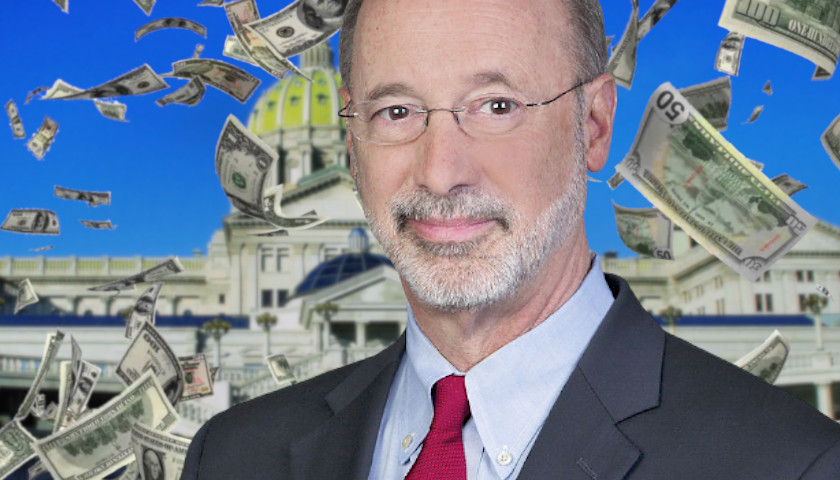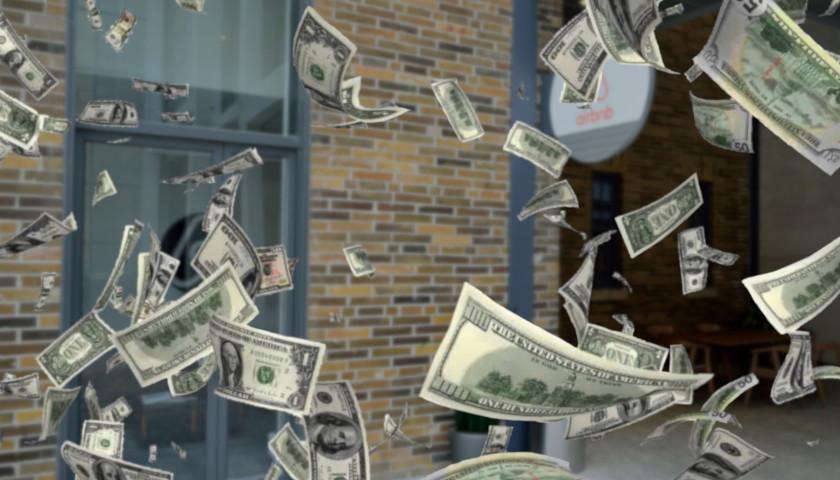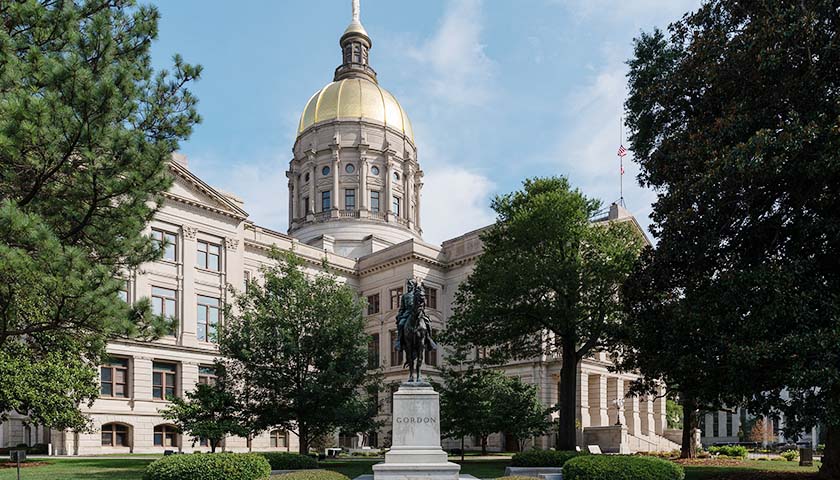On Tuesday, at the first legislative hearing on Pennsylvania’s next budget, the Wolf administration and the Independent Fiscal Office (IFO) offered divergent near-term revenue projections.
Governor Tom Wolf (D) proposed a Fiscal Year 2022-23 budget last week that would total $43.7 billion, 16.6 percent greater than the current fiscal year’s spending allotment. The plan’s feasibility (without a tax increase) will partly depend on whether the general-fund revenues anticipated by the governor’s Revenue Secretary, C. Daniel Hassell, come to fruition.
Hassell’s revenue forecast for the next budget year surpasses that of the nonpartisan IFO by $762 million. Over the next five years, the former expects the commonwealth to take in about $5 billion more than the latter anticipates. Several Republican members of the House Appropriations Committee expressed concern about these discrepancies as they questioned Hassell and, later, IFO Director Matthew Knittel.
Knittel and Hassell’s departments derived their economic data from the London-based firm IHS Markit Economics & Country Risk, Inc. Both officials ascribed much of the disparity between their revenue predictions to disagreement over how much money sales taxes will likely bring into state coffers.
“They have an extremely low sales-tax estimate,” Hassell said of the IFO, which the General Assembly created in 2010 to provide revenue projections and analyze relevant economic issues as lawmakers prepare the state budget.
The secretary acknowledged that his department expects sales of durable goods to slow slightly over the next year, though Deputy Secretary for Tax Policy Amy Gill said the agency believes sales of food and accommodations will compensate for much of that slowdown. As fear of COVID-19 recedes, she reasoned, more Pennsylvanians are going to bars and restaurants.
“We absolutely expect durables to fall next year,” she said. “But that will be made up by spending on other things such as food and accommodations.”
She moreover forecasted five-percent growth in the government’s intake of personal-income-tax dollars.
One factor weighing against her sales-tax prediction has been the fact that the federal government has recently lavished stimulus dollars on consumers in the form of unemployment insurance and other aid. That largesse will cease this year and thus won’t continue to drive personal spending.
“What is happening here is a partial reversion back to normality,” Knittel said. “There has been $120 billion of federal stimulus injected into the state. There are these technical issues about purchasing durable goods that we don’t think can maintain and will revert back. And for basically those two reasons, we have a slight contraction of three percent in sales-tax revenues.”
Some representatives suggested Wolf and his Department of Revenue hope to overstate fiscal expectations to make the governor’s spending plan more salable. These legislators worried that undue optimism could force them to mend a budget deficit in FY 2023-24.
“Surely these are doctored numbers when you look at where the economy’s going,” House Appropriations Chair Stan Saylor (R-Red Lion) told Hassell in response to his testimony. “I really think your department needs to go back and rework these numbers. They’re not reasonable, and basically I believe they’re dead on arrival here in the General Assembly simply because they are so far astray of what everybody else is forecasting.”
The secretary protested the chairman’s suggestion that his department’s numbers were “doctored.”
Saylor responded, “You and the IFO and [IHS Markit] will disagree on that.”
Spending increases outlined in Wolf’s budget request include approximately $1.75 billion more for public schools and $200 million more for college scholarships. In addition to relying on his Revenue Department’s hopeful projections, his plan also depends on the use of roughly $2 billion in non-recurring federal money from the American Rescue Plan Act enacted last spring.
– – –
Bradley Vasoli is managing editor of The Pennsylvania Daily Star. Follow Brad on Twitter at @BVasoli. Email tips to [email protected].








